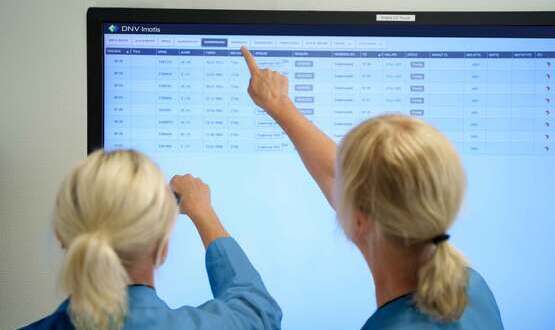Once upon a time the NHS faced a restructure
- 25 February 2021

With Integrated Care Systems (ICSs) set to be put on statutory footing by 2022, Digital Health Rewired speaker, Dr Mala Mawkin, who is also digital medicine innovation lead at Imperial College London and head of market development at Cellen, claims that now is the time to get personal and share our stories of integration success.
The Covid-19 pandemic has presented the biggest challenge to the nation since the Second World War. But if it has taught us one thing, it is that we can work together effectively as a community and that we can implement change at pace.
There have been countless stories of how communities have come together to support the vulnerable members of society. Organisations – hospital trusts, community practitioners and councils – have broken down barriers to deliver joined up services and ICSs have played a part in this.
Mixed picture
That said, there is a really mixed picture across the country in terms of the maturity of ICSs. One of the big challenges is, how do we support that collaborative effort and the desire to want to work together, whilst not taking our attention off the more advanced ICSs that are looking to push the boundaries? Particularly as the NHS has been predicted to see a 30% increase in demand for services and longer waiting lists for elective care in light of the pandemic. This will be especially noticeable in chronic services such as pain management.
The answer: to share our stories of collaboration and shared services.
For too long, the NHS has made the mistake of issuing top-down, policy driven change heavily laden with data and standards. Now, don’t get me wrong – change needs to be led by solid evidence-based decision making, but when you are implementing widespread cultural change within your workforce, data will influence policy, but it is the stories that win hearts and minds, and will effectively change culture.
This is how we move past organisational silos and relationship politics – the ingrained issues that have been there for years – to create that common purpose, desire and ambition to work together.
Change of direction
NHS England pledges that the move to legislate ICSs aims to avoid “triggering a distracting top-down reorganisation”. It claims that unlike previous NHS restructures, this will build on a direction of travel that is owned and supported by service providers. Organisations want to work more collaboratively, teams can see that this makes sense, but people are sceptical.
For real change to happen at pace – and for the NHS to be able to overcome the backlog of patients and demand on services – we need more individuals talking about technology change in a different way. We need to make the voice heard of the people making the change, not the people who want the change.
People love learning together, they love learning from different people on a peer-to-peer level. So, if we can bring in those multidisciplinary teams to learn together on specific topics, they learn together, they share more, and they create those networks.
Grassroots collaboration
At a recent Swiss Post Solutions virtual roundtable on ICSs, I heard examples of how teams were making real efforts to tackle knowledge sharing – meeting with other teams to talk about what they each do and how the teams impact on each other. All too often, we are passionate about what we are doing in our little bubble, but we forget about the wider impact – where the data flowed to, who the next person it would impact and what the next person would have to do.
The #nhschangechallenge is a good example of grassroots collaboration and storytelling. Whilst it was established by NHS England and NHS Improvement to help share examples of innovation commissioned as a result of the pandemic, it has been spearheaded by clinical organisations such as the Physiotherapy Pain Association and British Society for Rheumatology. And it’s success has been a result of the change makers on the ground, telling their stories in the hope they can be scaled-up at a regional or national level. In the instance of pain management, a number of #nhschangechallenge examples have also been referenced in the NHSX’s Online Pain Management Programme and Digital Playbook – another good scheme designed to reimagine and design care pathways by showcasing tried and tested solutions used by clinicians in the NHS.
And as the recent Intelligence NHS IT Leadership Survey from Digital Health shows, buy-in for digital transformation has never been higher, at all levels. So, we must seize this positivity and the opportunity it presents to tell the success stories and realise change for the benefit of all.
Dr Mawkin will be speaking about the UK’s first online clinic for chronic pain on day three (March 17) of Digital Health Rewired. You can catch her at 3.45pm in the Virtual Care Summit.
Get a flavour of Rewired 2021 from the video below.




